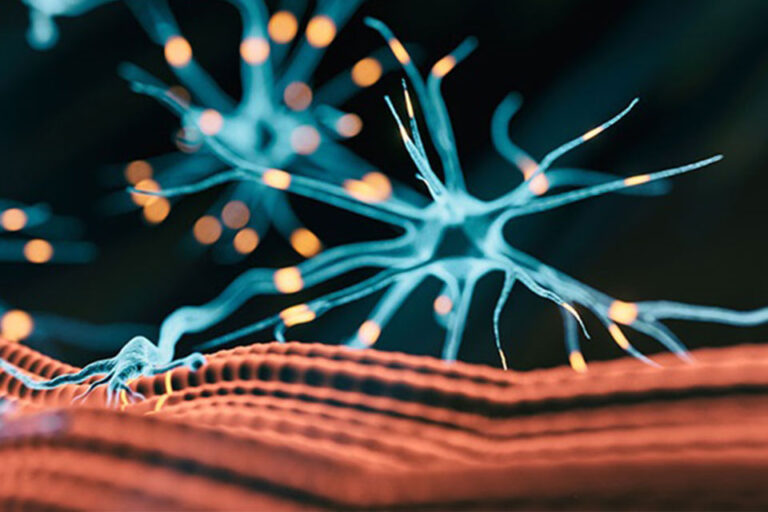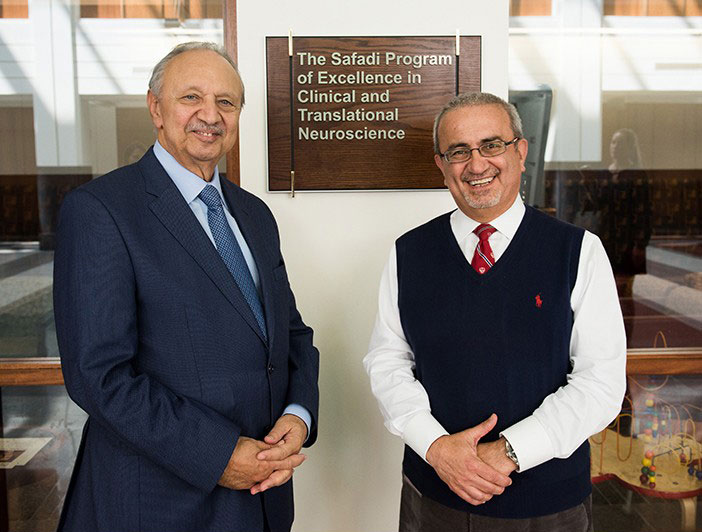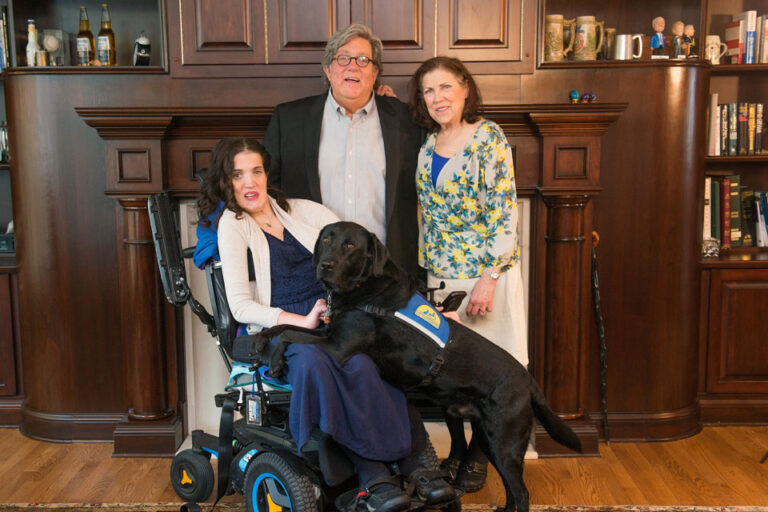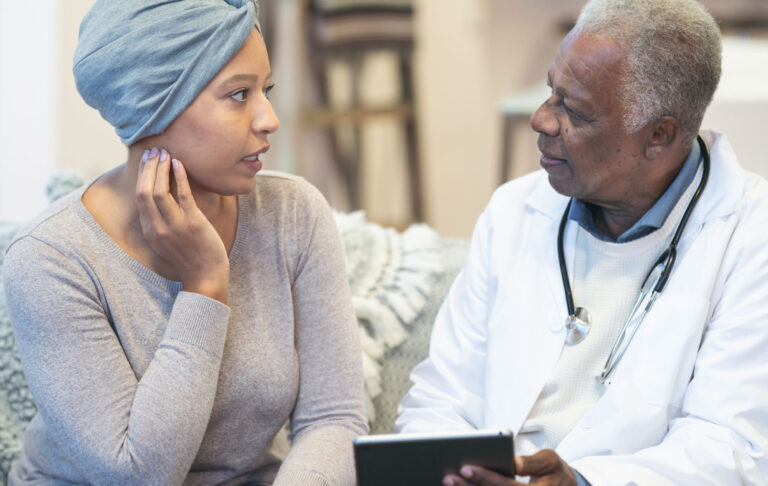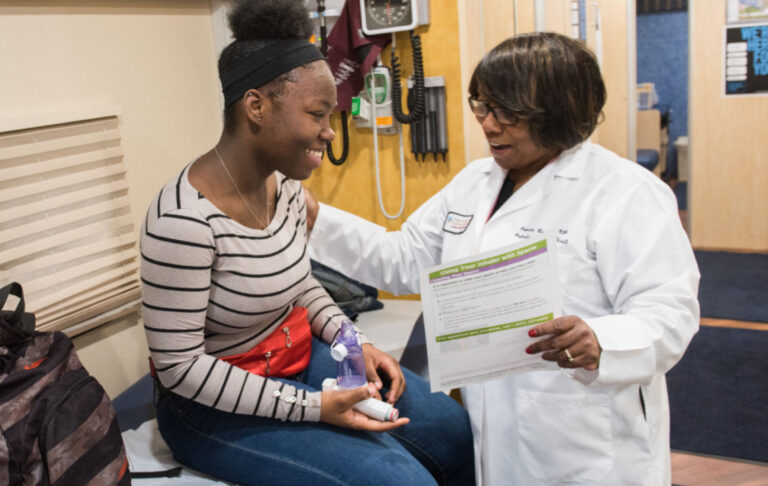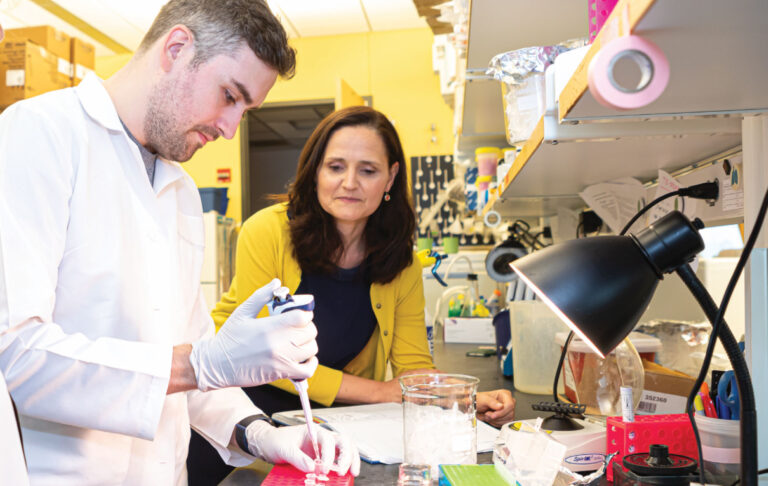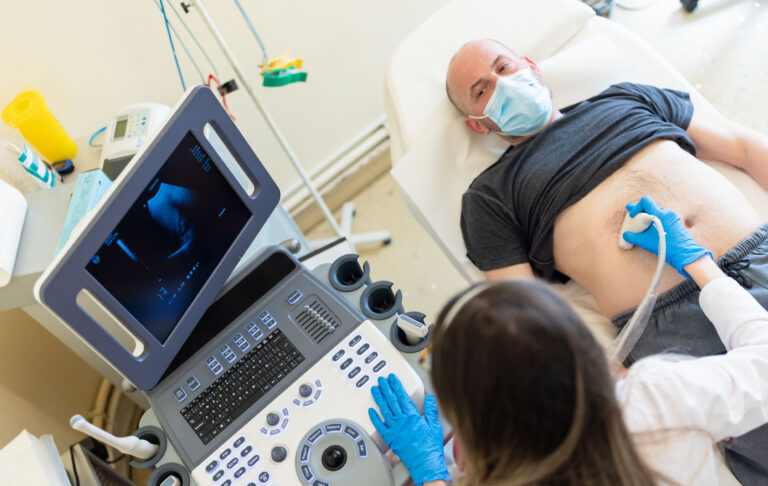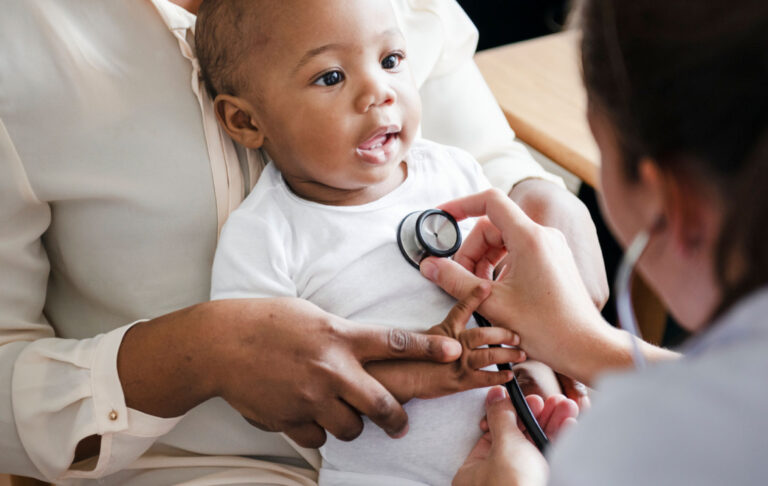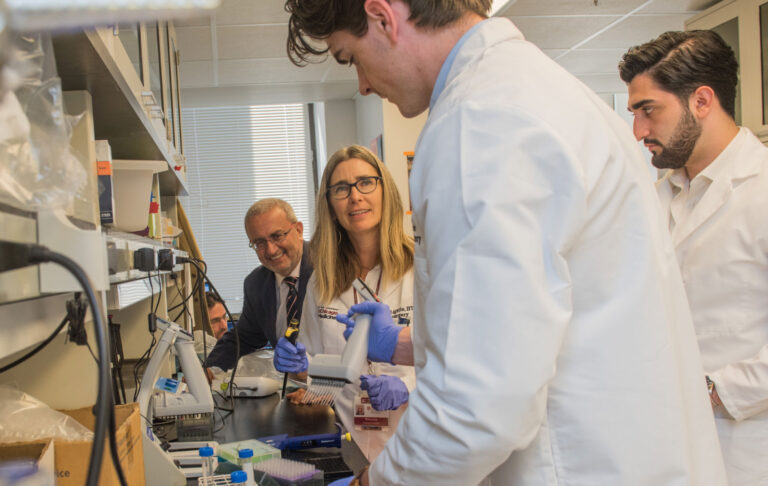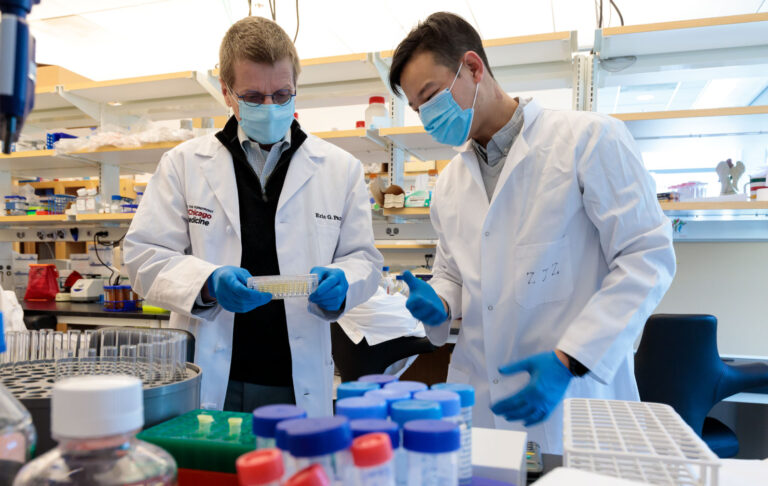
How we're making a difference in neuroscience
Studying the brain is as complex as the brain itself.
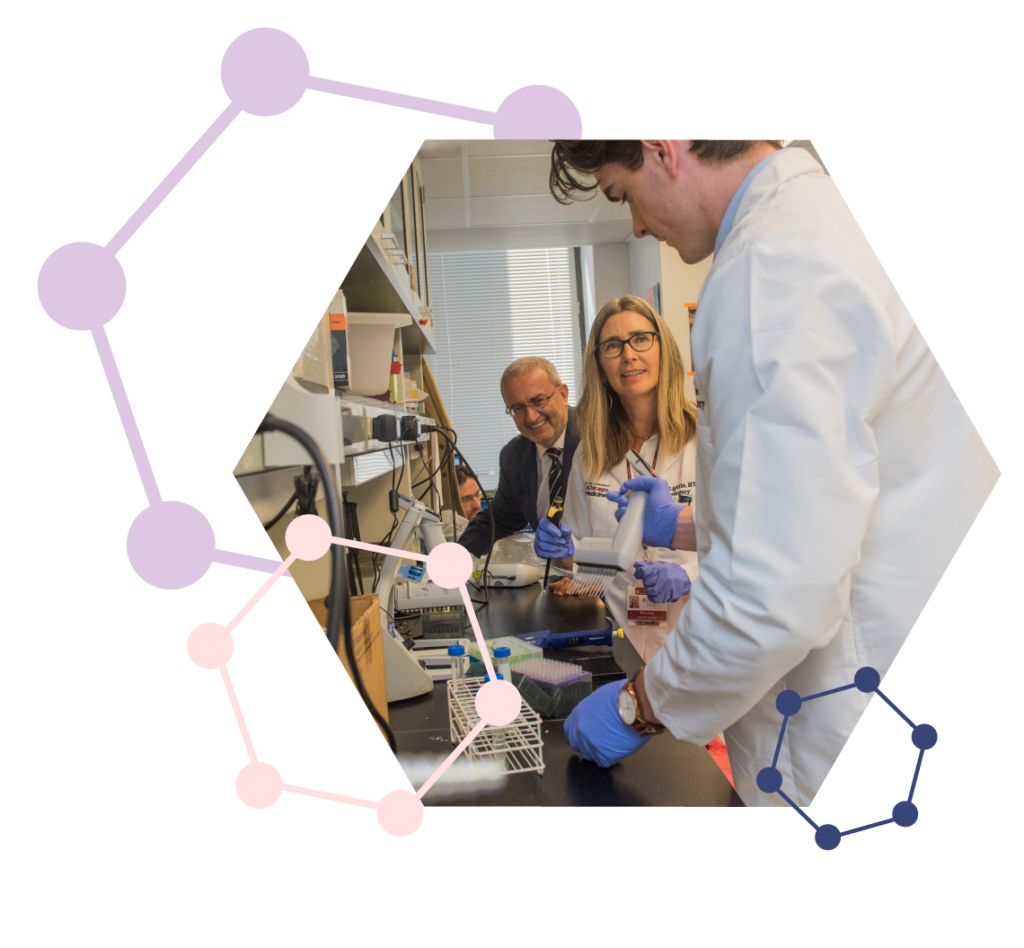
It requires a team of experts—from neuroscientists and psychologists to molecular engineers and computer scientists—dedicated to probing the mysteries of the human mind.
With your support, our experts are working to improve the lives of patients and families impacted by neurological conditions.
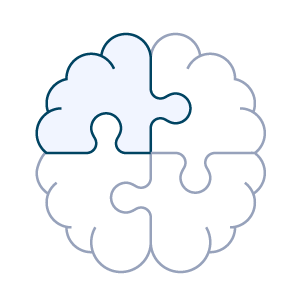
Decoding how memories are stored and recalled, a key to overcoming Alzheimer’s disease
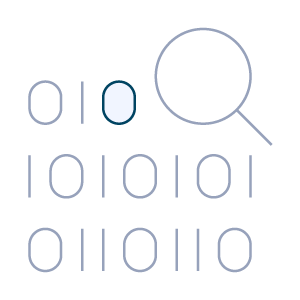
Developing a “smart monitor” that collects data from traumatic brain injury patients to predict and prevent further damage
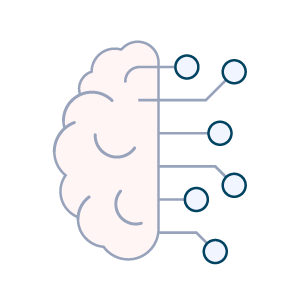
Mapping the brain’s circuitry to better understand diseases like autism and diabetes
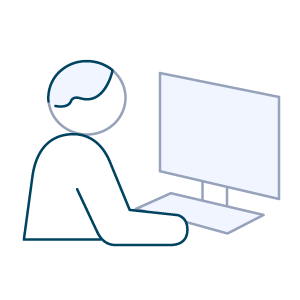
Developing the first diagnostic tool to identify ALS (Lou Gehrig’s disease) and monitor treatment efficacy in real time
Your support can help further advances in neurological health

With philanthropic dollars, I acquired the data necessary to show proof of concept and that has led to my lab growing from $800K/year in extramural funding to $4M in 2017 to $12M today.
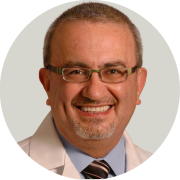
Issam Awad, MD
The John Harper Seeley Professor of Neurological Surgery
The John Harper Seeley Professor of Neurological Surgery
Did you know?
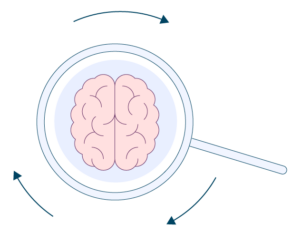
Deep brain stimulation (DBS) surgery can help lessen the symptoms of movement disorders like Parkinson’s disease.
A UChicago Medicine patient became the first person in Chicago to undergo a surgical procedure that will allow him to control a prosthetic robotic arm and hand with his mind.
UChicago neuroscientists discovered that empathy-driven, pro-social behavior began earlier in evolution than previously thought.

A UChicago Medicine cardiologist performed the first procedure in the nation to rewire the heart.
The first back-to-back triple-organ transplant was performed by physicians at Uchicago Medicine.
Research examining the cause of congenital heart defects may also illuminate birth defects of many other organs.
Discover other areas where you can make a difference
Contact our Neuroscience Giving Expert


